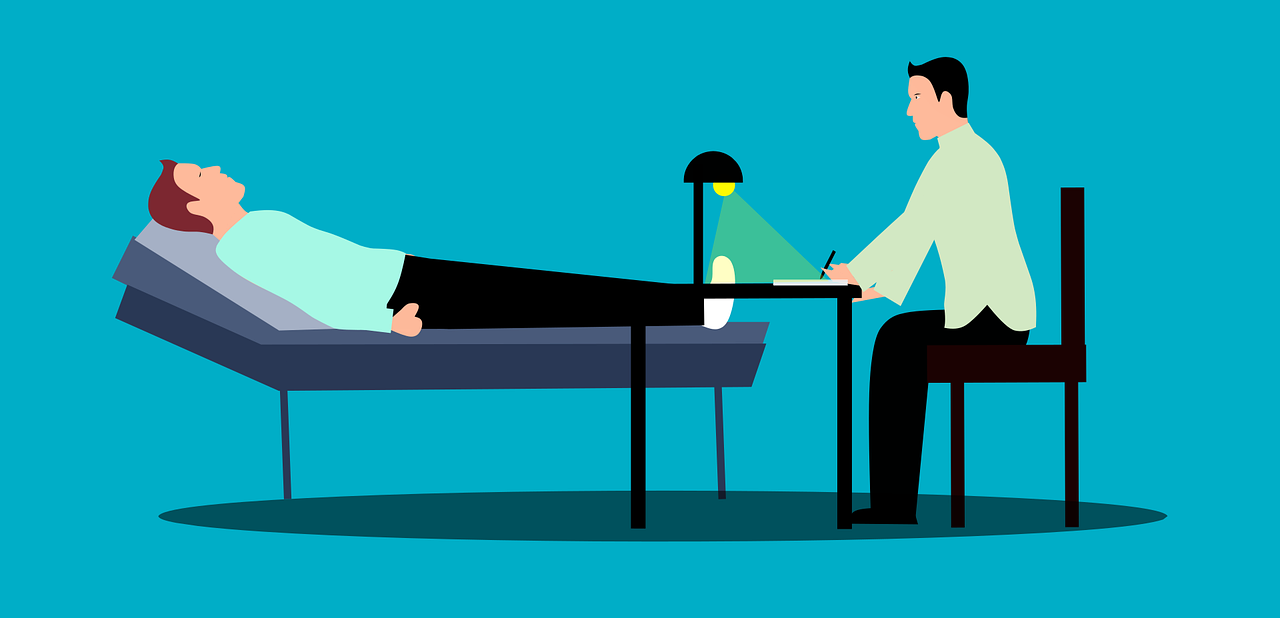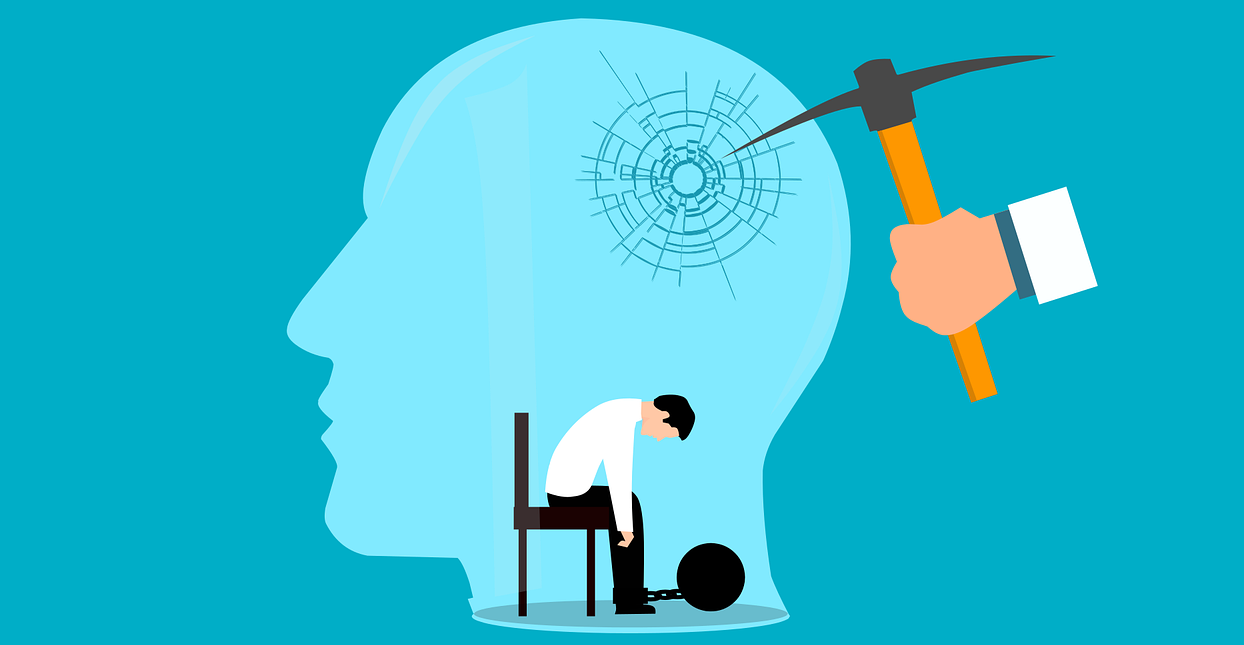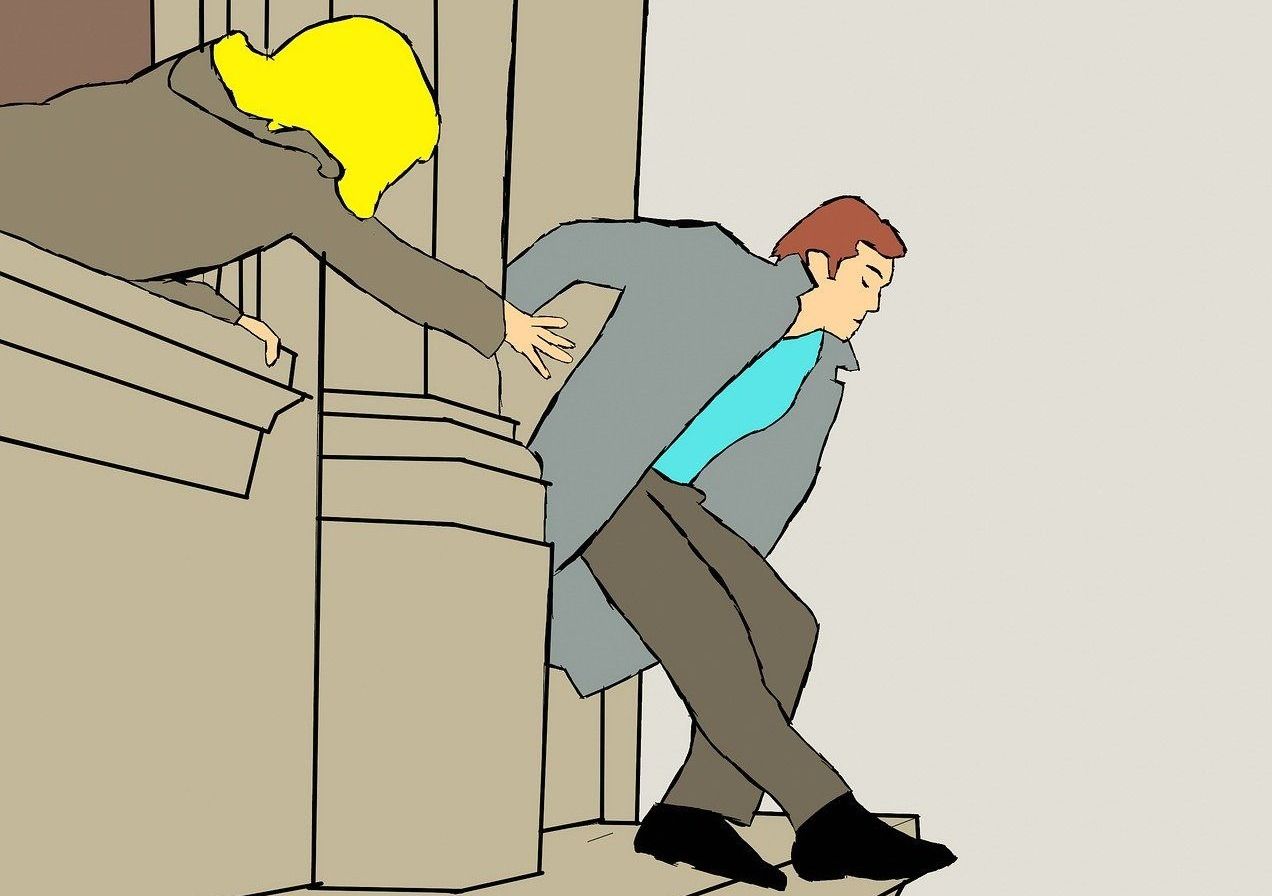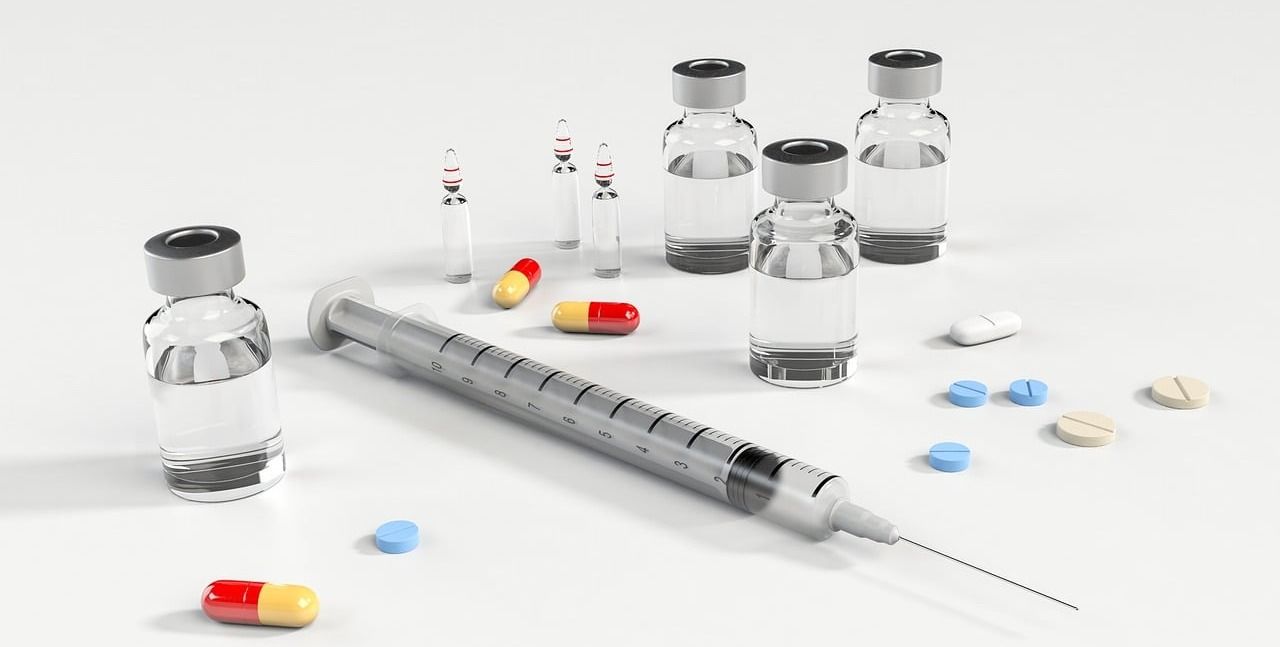Ketamine for Suicidal Patients Offers Fast Treatment Options for Elderly
Mental health conditions can range from mild to severe. In some cases, suicidal feelings are a factor.There are other mental health conditions that carry risks of suicide attempts. Ketamine has been proven to alleviate suicidal thoughts.

I am a mother of an army veteran that completed suicide. He was a disabled veteran with a chronic pain condition, as well as PTSD and depression. His first attempt to commit suicide was when he was in Madigan Army Medical Center. My son, Geoff had a terrible pain condition, also called the suicide disease. This pain condition, Chronic Regional Pain Syndrome caused my son unrelenting pain.
A slight change in temperature, such as a slight breeze or a change in water temperatures, would send Geoff in to terrible pain levels. Three times in the course of a year, while Geoff was in the hospital, he was given so much dilaudid, he stopped breathing and had to be given Narcan to revive him.
Even those high doses of dilaudid did not relieve his pain. So many, with this horrible condition, are mistreated by health care professionals. They are accused of drug seeking and their feelings of pain are discounted and dismissed. I understand why so many with this horrible condition commit suicide.
Because he expressed suicidal intent, he was placed on a one on one in the hospital. He was having a mental health crisis. He was having thoughts and feelings of hopelessness.
Geoff started to have thoughts of suicide, as medical professionals accused him of drug seeking behaviors. The attitude of these medical professionals made him feel worse. His feelings of suicidal thoughts worsened. He lacked support services, while in the VA hospital. The healthcare professionals did not offer support. They did not spend time trying to understand his condition. His mental health condition was deteriorating and the lack of professional support made Geoff's suicidal thoughts worse.
His first attempt at suicide was in his hospital room. His one on one left the room without a replacement. Geoff had a suicide plan in place. When his one on one left, he decided to take his own life and cut his wrists.
Geoff was found on the floor in his hospital room, by the hospital chaplain. The irony here is, this chaplain never enters a room with the door closed. And Geoffs door to his room was closed. But, something compelled that chaplain to go into Geoff's room. Geoff was revived and had many stitches to both arms.
So, as I learned about how ketamine reduced suicide ideation almost immediately, I felt compelled to share this information with my audience. You see, suicide in the elderly is growing problem. Since the pandemic, the mental health of our seniors has deteriorated.
Before I share more about this groundbreaking medication let's talk about the growing rate of suicide in this country.
We have a Growing Suicide Rate in the Elderly

As the population of older adults increases, so too does their alarming suicide rate - 15 deaths per 100,000 people over age 65 rising to an even higher 17 for those aged 75-84. Unfortunately due to “silent suicides” such as overdoses or self-starvation often going unreported, this issue has become a major public health priority that's only getting more dire with each passing year. The elderly are particularly susceptible because they mainly rely on lethal methods; indeed there have been estimates placing underreporting at 40% or greater in recent years.
Depression is an ever-present, yet often underestimated threat to the health of millions around the globe. Studies estimate that 5% of adults are living with mental health conditions like treatment resistant depression and suicidal ideation. Some will experience a mental health crisis, which in some cases can spiral into suicidal thoughts and unfortunately take away lives too soon.
Tragically thousands of people in the United States reported to have take their own lives due to depression. With suicide being one of the top 10 leading causes across the nation and 494,169 individuals requiring hospital attention for self harm injuries every year – swift treatments are needed more than ever before if this alarming trend is going to be brought under control.
The Importance of Timely Intervention

Timely intervention could prove life changing - a critical time window exists whereby those suffering from depression and experience suicidal thoughts can potentially receive rapid relief, thus reducing the risk of suicide and taking further action against themselves.
Medications to battle depression has many left many struggling to to find relief outside the traditional antidepressants. Many are finding success and hope in ketamine therapy. This has been seen effective even in those suffering from treatment resistant depression and suicidal thoughts.
Mental health conditions can range from mild to severe. In some cases, suicidal feelings are a factor that must be carefully monitored. Unfortunately,There are other mental health conditions that carry substantial risks of suicide attempts. For example, an elderly man with depression and suicidal thoughts may face the highest degree of danger among these conditions. Other mental disorders include bipolar disorder, substance abuse, or individuals that practice self harm.
What are the Warning Signs of Suicide?

It's important to look out for close friends and loved ones with depression, as they may be struggling silently.
Warning signs of a person feeling suicidal may include:
Expressing to others of wanting to die
The express feelings of Great guilt or shame
They have a fear of Being a burden to others
A suicidal person may feel:
Empty, hopeless, trapped, or having no reason to live Their stress levels are are high and life may be putting things in their path that makes it difficult for them to cope.
Extremely sad, more anxious, agitated, or full of rage , Have extreme mood swings
They may be experiencing unbearable emotional or physical pain
They be be sleeping too much or too little.
You may observe changes in behaviors, such as:

Making a plan or researching ways to die
Withdrawing from friends, saying goodbye, giving away prized possessions.
Being aware of these warning signals is key. Offering immediate help when someone needs it most could make all the difference.
There are circumstances that make a person a high risk for thinking about suicide. THese include;
Individual risk factors that will contribute to a suicidal crisis are:

A history of a previous suicide attempt
History of depression and other mental illnesses
Serious illness such as chronic pain
Criminal/legal problems
Job/financial problems or loss
Impulsive or aggressive tendencies
Substance abuse
Current or prior history of adverse childhood experiences
They Feel hopeless
Or have a a past history of family violence
Relationship Factors can also contribute to thoughts of suicide.
These may be hurtful experiences within their close relationships :
I can tell you many of my caregivers feel bullied by uninvolved siblings and other family members.
Is there a family history of a family member of friend that completed suicide?
Was there a loss of relationships or a recent death of someone dear to them?
Social isolation. occurs with so may of my caregivers and their care recipients. This is one factor that I believe that occurs with the spousal caregivers.
Research indicates that suicide is a complex issue, with various risk factors acting together to lead individuals down this darker path.Additionally on a relationship level; lack of emotional support from friends and family can cause feelings of isolation and hopelessness. Ultimately numerous elements act together in varying degrees to increase one's likelihood for attempting suicide.
Ketamine for Treatment Resistant Depression and Suicidal thoughts

With an inability to predict when a suicidal person might be considering taking their own life. It's vital that medical professionals are able to swiftly provide treatments which could help reduce the risk suicidal behavior. According to Dr Michael Grunebaum from Columbia University Medical Centre, typical antidepressants can take weeks for patients with depression and suicidal thoughts see any relief - leaving them in danger during this time period.
Dr. Grunebaum and his team unearthed groundbreaking results in their latest study - ketamine had the astonishing ability to reduce suicidal thoughts by half within 24 hours of administration! In comparison, participants who received a low-dose of midazolam didn't experience any reduction in symptoms, such as negative thoughts or self loathing or thoughts of suicide.
The 80 adults selected were those suffering from major depression with scores on the Scale for Suicidal Ideation (SSI) as an indication that they all harbored suicidal thoughts prior to taking part in the study. Published recently in The American Journal of Psychiatry, it's clear this research could have potential implications moving forward into aiding individuals struggling with such issues as feeling suicidal and depression.
After a 6-week study, the results are in: ketamine was found to be more successful than midazolam in reducing suicidal thoughts. An impressive 55 percent of the group who used ketamine experienced at least a 50% decline in suicidal thoughts compared with only 30 percent from those taking midazolam.
Moreover, individuals given ketamine also witnessed improvements such as improved outlooks, a dramatic decrease in their negative thoughts and an increase in their energy levels.
Ketamine infusions have shown promise as a potential treatment for suicide ideation. Several peer-reviewed studies have demonstrated ketamine's efficacy in reducing suicidal thoughts and behaviors. In one study, ketamine was found to reduce the severity of suicidal thinking among those with major depressive disorder after just 24 hours of infusion therapy. Other research has found ketamine infusions to be effective at reducing self harm behavior over longer periods of time.
The mechanism by which ketamine works to reduce suicide ideation is still not fully understood, but it is believed that ketamine acts on glutamate receptors in the brain, leading to improved neuronal communication and reduced symptoms of depression and suicidal thoughts.
Ketamine as a Suicide Prevention Strategy
Ketamine is showing promise as a breakthrough treatment option for treatment resistant depression and suicide ideation. It is providing both short term and long term relief from distress. Those considering ketamine infusions should speak with their mental health provider before making any decisions regarding this therapy. With proper monitoring and support, Along with talk therapy , ketamine use may help individuals gain control over suicide ideation and move forward in their recovery journey.
Once notorious for its use as a club drug, ketamine is now being heralded by some as an effective treatment option for difficult-to-treat depression. A recent study has identified which individuals are most likely to experience fast and significant relief from the potent antidepressant, offering hope that previously untouchable cases can finally find respite from their suicide ideation. Talk with your mental health professional to see if ketamine therapy is a possible solutions for your mental health condition.



